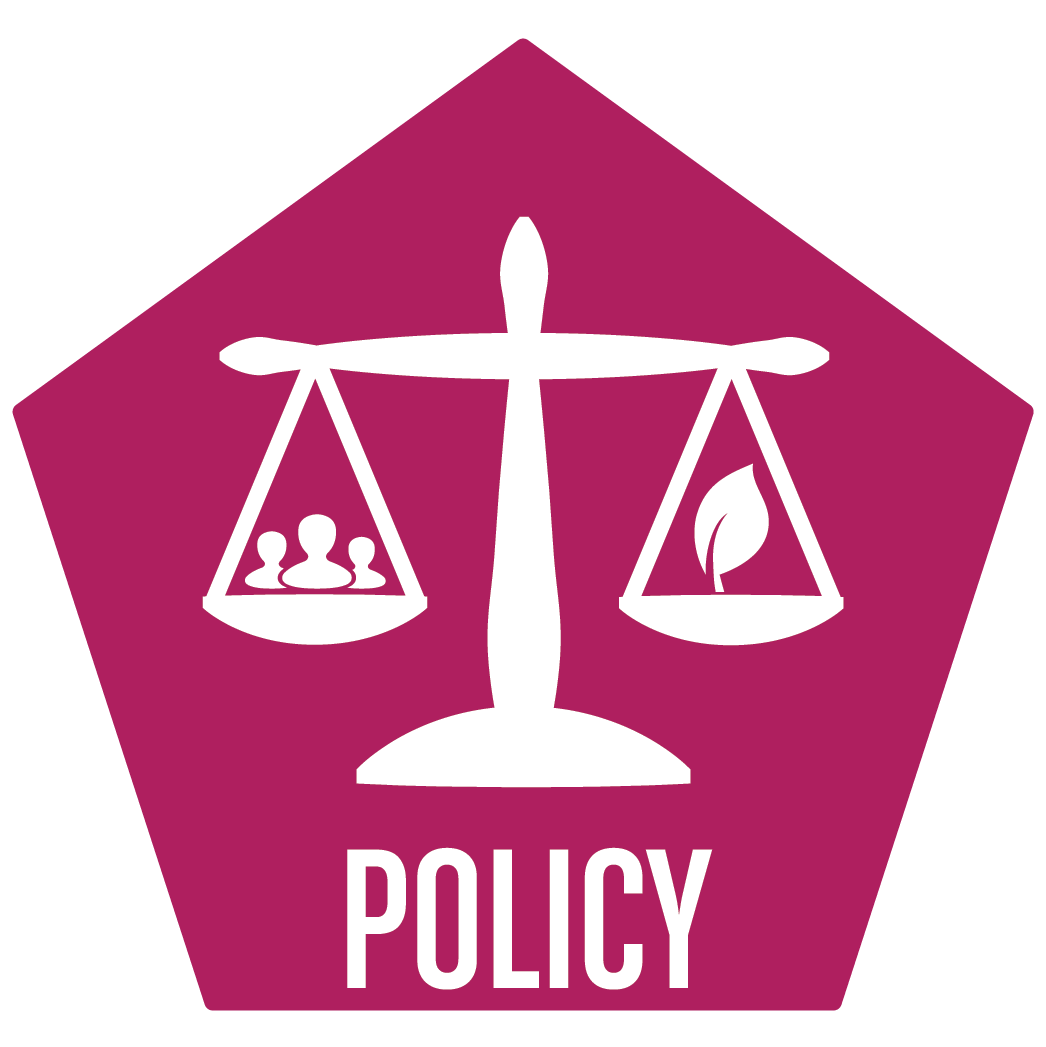8.4 Support urban forestation and rewilding programs
Key Message: Trees intercept and promote percolation of rainfall, reducing runoff. Policies that protect mature native trees, and encourage and incentivize tree plantings on both private and public property, can boost reforestation of urban areas with both economic and environmental dividends.
Importance
Increasing tree cover improves water quality in densely developed areas where acquisition of large tracts of land is not feasible. Tree canopies intercept rainfall and promote percolation into the ground, reducing nutrient-laden stormwater runoff. Urban forests are a first line of defense for water quality, water conservation, and climate resilience—and they offer substantial public health and economic co-benefits. According to the National Association of Realtors and Urban Land Institute, property values are higher within a one-mile walk of public green space (ULI 2018).
Overview
Sarasota County and its municipalities encourage residents to plant native trees. UF/IFAS Extension Sarasota County distributes trees annually during Arbor Day events. Since 2016, the City of Sarasota has partnered with the Arbor Day Foundation to give away 200 trees each year through its Community Canopy Program. The Neighborhood Canopy Program (formerly the Mature Tree Program) offers up to $500 toward the planting and installation of an approved mature tree, with a $100 homeowner contribution. The program is partially funded by fees from tree removal permits.
Arbor Day tree planting. Source: City of Sarasota
In a large-scale reforestation effort, Venice Area Beautification, Inc. (VABI) is rewilding 33 acres along 1.75 miles of the former CSX Railroad tracks in the City of Venice. As of 2024, the project includes more than 4,000 native trees and 8,000 understory plants—making it the largest urban forest in Florida. The site is located in the flyway of the endemic scrub jay, and future phases will include scrub jay habitat enhancements.
Venice Area Beautification, Inc is working to rewild a barren industrial corridor adjacent to the Intracoastal Waterway in Venice. Source: Gulf Coast Community Foundation
Big Waters Land Trust and Sarasota Audubon are rewilding the Quad parcels adjacent to the Celery Fields. In 2020, the Sarasota County Commission approved gifting three parcels (33 acres total) to Audubon. The area will be restored with native vegetation to enhance wildlife habitat, provide public recreation, and improve air and water quality. These parcels buffer the environmentally sensitive Celery Fields from expanding urban development.
Big Waters also facilitated the permanent conservation of the City of Sarasota’s Bobby Jones Golf Course with a conservation easement. A portion of the golf course was restored to create wetlands and plant thousands of trees that will filter 9.8 million gallons of stormwater annually. These two projects serve as successful examples of community conservation projects conducted on property currently owned by government agencies.
Since 2020, Suncoast Urban Reforesters (SURF) have planted high-performance microforests following the Miyawaki method—small, dense, and diverse native plantings covering less than an acre. These forests grow up to 100 times faster, are 30 times denser, and 100 times more biodiverse than traditional plantings. Microforests are ideal for reforesting small, low-value parcels in neighborhoods, offering benefits like stormwater retention, flood mitigation, and habitat creation. From 2020–2024, SURF installed 10 microforests, each with around 2,000 plants across 50 native species. SURF is also piloting “living walls,” using the same Miyawaki strategy for visual screening and sound buffering.
Installation of a microforest along a roadside in Stoneybrook Golf and Country Club, Palmer Ranch, Sarasota, Florida. Source: Suncoast Urban Reforesters
Sarasota County Planning and Development Services provides funding for tree planting through Sarasota County Parks. Tens of thousands of trees have been planted since 2021. Local ordinances regulate tree removal, particularly of mature “grand trees.” Projects that remove trees must replace them, although canopy benefits may take years to reestablish. The City of Venice aims to raise its tree canopy to 30% and offers tax incentives to property owners who preserve large trees.
In 2019, the Florida Legislature adopted F.S. 163.045 (amended in 2022), which limits local authority to regulate tree removal, pruning, or trimming on private residential property when a certified arborist or licensed landscape architect deems the tree a danger. The law does not apply to commercial property, HOA common areas, or undeveloped land, nor does it override mangrove protections. It is intended to preserve homeowner rights in storm preparation and post-disaster cleanup. Qualified professionals must use Best Management Practices – Tree Risk Assessment, Second Edition (2017) to determine risk.
Approach
- Prioritize tree planting projects using tools like the Tree Equity Score by American Forests to address community health and resilience needs.
- Explore tax and fee reductions for preserving large trees and tree clusters.
- Expand capacity for governmental and nonprofit-led tree planting programs (see Chapter 9.3). Small grants (~$400 per tree) should include professional consultation to guide species selection and early care. For example, the Urban Releaf Program in Oakland, CA, partners with homeowners and employs at-risk youth and formerly incarcerated adults.
- Increase support for microforest installations in neighborhoods, especially on vacant or underused lots.
Resources
- SURF Microforests
- Urban Releaf
- Arbor Day Foundation
- ISA Tree Risk Assessment Qualification credential
- ISA Tree Risk Assessment Form
- Tree Equity Score
Status
Implementation
Performance Measure
Strategic increase in urban tree cover
Experts or Leads
Venice Area Beautification, Inc; Christine Johnson, Big Waters Land Trust; Mark Miller, City of Sarasota Senior Arborist; Jim Yelverton, City of Venice Arborist and Tree Program Administrator; Rachel Herman, Staff Lead Sarasota County Tree Advisory Committee; Dr. Charles C. Reith, Suncoast Urban Reforesters (SURF)
Cost Estimate
$100,000-$1,000,000
Related Activities
Other Habitat and Wildlife Activities
8.1 Restore and enhance wetland and shoreline hydrology and habitats to increase nutrient uptake and storage by plants
[dipi_masonry_gallery images="408,545,446" columns="3" disabled_on="off|off|on" _builder_version="4.16" max_width="100%" max_width_tablet="50%" max_width_phone="65%" max_width_last_edited="on|desktop" module_alignment_tablet="center" module_alignment_phone="center"...
8.2 Enhance fish and wildlife populations to increase nutrient uptake and biomass storage by animals
[dipi_masonry_gallery images="408,545,446" columns="3" disabled_on="off|off|on" _builder_version="4.16" max_width="100%" max_width_tablet="50%" max_width_phone="65%" max_width_last_edited="on|desktop" module_alignment_tablet="center" module_alignment_phone="center"...
8.3 Support large-scale land conservation and restoration programs
[dipi_masonry_gallery images="408,894,446" columns="3" disabled_on="off|off|on" _builder_version="4.16" max_width="100%" max_width_tablet="50%" max_width_phone="65%" max_width_last_edited="on|desktop" module_alignment_tablet="center" module_alignment_phone="center"...






